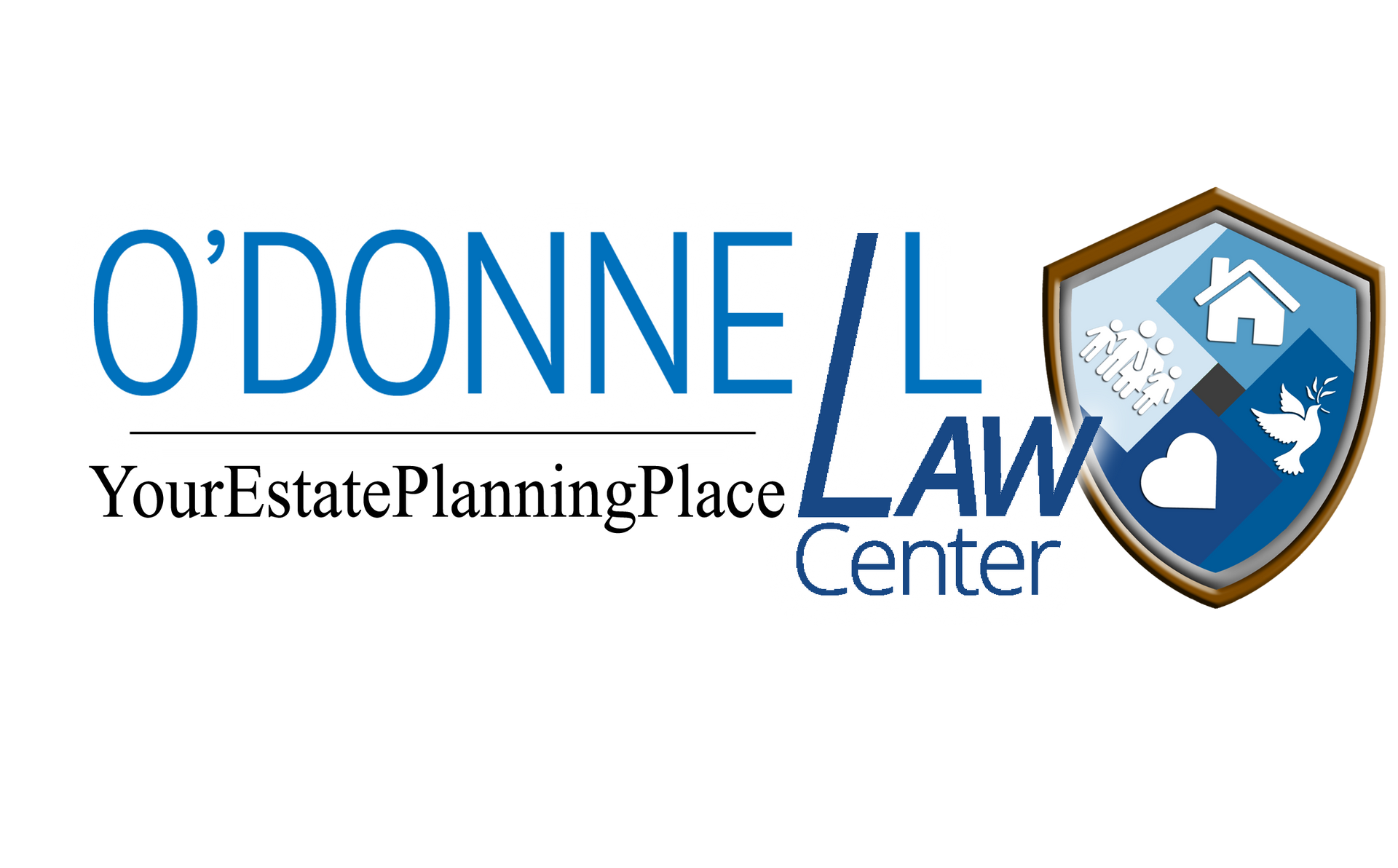Essential Tools for Parents of Minor Children
Approximately three-fourths of Americans do not have a basic will. Many of the same people also have children under the age of 18, which underscores a major misunderstanding about estate plans: They can accomplish much more than just handling financial assets (money, accounts, and property).
One of the most important estate plan functions for parents of minor children is the ability to provide specific guidance about how their children will be cared for and who will care for them in case something happens to the parents.
To account for all emergency contingencies concerning you and your children, your estate plan should form a comprehensive safety net that addresses your children’s care needs and protects them from the unthinkable.
Tools You Need If You Have Minor Children
As parents, we instinctively strive to shield our children from harm and set them up for success,
now and in the future. While we cannot predict the future, we can prepare for it. Estate planning is a crucial step in this
preparation, especially when minor children are involved. It is not only about distributing your
money and property after your death; it is also about establishing ways to care for your children
if you no longer can. Your death or incapacity (inability to manage your affairs) from a sudden illness or accident is a
situation that you would likely rather not think about but must consider in preparing for worst-
case scenarios that could lead to a court deciding who cares for your child.
Data on parental mortality is sobering: More than 4 percent of minor children have lost at least
one parent. If you wait too long to create your estate plan, it could be too late. More than any
other reason, Americans cite procrastination as the reason they do not have an estate plan.3
Procrastinating on creating your estate plan could mean it will not be there when you—and your
children—need it.
To safeguard your children’s future, three estate planning tools are particularly important: a will,
a power of attorney for minors, and a standalone nomination of guardian.
Last Will and Testament
A last will and testament (also known as a will) is a cornerstone of any estate plan, but it takes
on added importance when you have minor children. Your will outlines your wishes regarding
the distribution of your money and property after your death. It also allows you to do the
following:
● Name a guardian. A guardian is the person you want to raise your children if you and the
other legal parent are deceased. The most common choice of guardian is a close family
member, such as grandparents or siblings, or a close family friend.
● Establish an inheritance for your children. Because minors cannot directly inherit money
and property over a certain limit set by state law, there needs to be a way to handle their
inheritance for them until they reach legal adulthood. A testamentary trust (one that is
created in a will) is a safe way to set aside money and property for your minor children. The
terms of the testamentary trust allow you to name a trustee to oversee the inheritance.
Another benefit of a trust is that you can determine when the children receive their
inheritance and how they will receive it.
● Name an executor. An executor (or personal representative) is the person you designate to
carry out the instructions in your will, including managing your estate and distributing your
money and property. They might work closely with the guardian and the trustee to ensure
that your instructions are executed smoothly and according to plan. The same person may
serve in more than one role in your estate plan (e.g., guardian and trustee, guardian and
executor).
Power of Attorney for Minors
A power of attorney for minors, sometimes called a designation of standby guardian or
something similar depending on the state, is a legal document that empowers a chosen
individual (your agent or attorney-in-fact) to act for your minor child on your behalf. This person
steps in to make decisions regarding your child’s care if you become incapacitated or
unavailable.
The power of attorney can grant the agent broad authority to handle various aspects of your
child’s life, including the following:
● Healthcare: making medical decisions, consenting to treatments, and accessing medical
records
● Education: enrolling your child in school, making educational choices, and attending school
meetings
● Finances: managing your child’s finances, including accessing bank accounts, applying for
benefits, and handling their inheritance
● Legal matters: representing your child’s legal interests in matters such as a custody
dispute, personal injury claim, or inheritance matter
● Daily care: meeting your child’s food, shelter, clothing, and other basic needs
Although the power of attorney grants the agent significant authority, there are limits to what it
permits. The agent cannot consent to the child’s marriage or adoption. In addition, many state
laws impose expiration dates on these documents (e.g., six months, one year), so it is important
to review and update them regularly to ensure that they remain valid.
Standalone Nomination of Guardian
While a power of attorney addresses temporary situations, such as short-term incapacity or
extended travel, a standalone nomination of guardian document focuses on the long-term care
of your children in the event of your death or incapacity.
Without a designated guardian, a court will decide who cares for your children. The
guardianship process can be lengthy and uncertain and could potentially result in the
appointment of a caretaker you would not want gaining custody of your kids.
You should name a guardian in your will. However, a standalone document that also names a
guardian (if allowed in your state) offers the added benefit of being easier to update than a will,
which often requires more formalities and can take longer to change.
Revocable Living Trust
In addition to a power of attorney, nomination of guardian, and will, the parents of minor children
might consider a revocable living trust that holds their accounts and property during their lifetime
and distributes them after their death.
You (the parent) maintain control of the accounts and property in the trust while you are alive as
the current trustee. You can change the trust’s terms as needed because you are the
trustmaker, and this type of trust is revocable. A revocable living trust can help avoid probate
and give your children faster access to the resources they need. You can also specify how and
when your children receive their inheritance, name a successor trustee to continue
management of the trust if you suffer incapacity, and provide financial support for the guardian,
further synergizing your estate plan.
How These Tools Work Together—and What Can Happen If You Do Not Plan
These three estate planning tools are not interchangeable; they are complementary and
designed to work together to address immediate and long-term needs in a range of potential
scenarios.
Imagine a scenario where both parents are in a car accident. One parent dies, and the other is
severely injured and temporarily incapacitated. The agent named in the temporary power of
attorney or delegation of standby guardian immediately steps in to temporarily care for the
children.
If the injured parent passes away, the designated guardian (who may be the same person as
the agent under the temporary power of attorney) named in the will or standalone document can
provide the children with a stable permanent home. The will can be structured so that the
children’s inheritance is managed through a trust that specifies how and when their inheritances
should be spent and distributed.
Failure to have any one of these estate planning tools can lead to complications and unintended
consequences for your minor children. For example:
● A missing temporary power of attorney could lead to delays in, or the inability to, make
emergency decisions about medical treatment.
● A missing guardian nomination document could lead to a court choosing a guardian you
would not have chosen. Ostensibly, the choice a judge makes will be in the child’s best
interest, but do they really know your child and family dynamics well enough to make this
choice?
● A missing will can also lead to a court appointing a guardian who is someone other than
your first choice. In addition, your children may not receive the inheritance you intended in
the way that you intended, and you lose the ability to specify how your money and property
are used for their benefit. Further, they will end up getting what is left of their inheritance
outright when they reach the age of majority (18 or 21, depending on the state).
Other Planning Tools and Tips for Parents
Parents should understand that they can only nominate a guardian for their child, not legally
appoint one; the court has the final authority to decide, though it gives significant weight to the
parents’ nomination.
If there is evidence that your chosen guardian is unfit or unable to provide proper care, the court
may appoint a different guardian in the child’s best interest, even if it goes against your wishes.
There is also the chance that a family member could contest your guardianship choice or your
first choice of guardian is unavailable.
These outcomes are unlikely, but since they could undermine your wishes, there are additional
steps you can take to minimize the risk and strengthen your case.
● In a separate letter, sometimes referred to as a letter of intent, clearly state your choice of
guardian and provide a detailed explanation of why you believe this person is the best fit.
Speak to their qualifications, relationship with your children, and ability to provide a stable
and loving home.
● Name alternative guardians in case your first choice is unable or unwilling to serve.
● To prevent misunderstandings and reduce the likelihood of a challenge, have open and
honest conversations with family members about your guardianship decision. Explain your
reasoning and address any questions or concerns they may have.
● Have your will or separate guardian nomination form properly executed according to your
state’s laws. To be legally binding, they may need to be witnessed and notarized and meet
other requirements.
Fitting Together the Pieces of Your Estate Plan
Each part of an estate plan has a role to play, but they work best when considered as parts of a
larger plan that addresses big issues such as the well-being of your minor children.
A will, temporary power of attorney, and standalone guardian document are not
interchangeable; they are complementary. Incorporating all three into your plan, alongside other
strategies such as a revocable living trust and a letter of intent, addresses the immediate and
long-term needs of your minor children in any eventuality. If you have minor children, estate planning is a necessity. Do not leave your children’s future to chance. Consult with us at The O'Donnell law Center to create a multipoint plan that protects you and your family.





